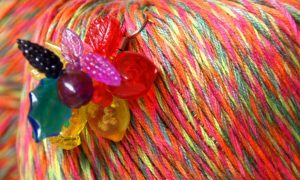Spring has arrived and for many people, that means a change in wardrobe. Out with the winter coats and in with the sandals. Adding some new pieces to the wardrobe could prove a bit daunting, especially when shopping for eco fashion. Eco fashion should be of great benefit to the people and communities involved in the manufacture and have minimum impact on the environment, according to the Ethical Fashion Forum.
So, how does one identify sustainable fashion? Here are a few helpful tips:
1. Focus on Animal Rights
It is sad that animals have to undergo torture or death unnecessarily for the sake of fashion. Companies such as Stella McCartney, Beyond Skin, Gunas New York, Copenhagen Artificial Fur address this problem through the use of synthetic options that are designed to look and feel like real fur or leather.
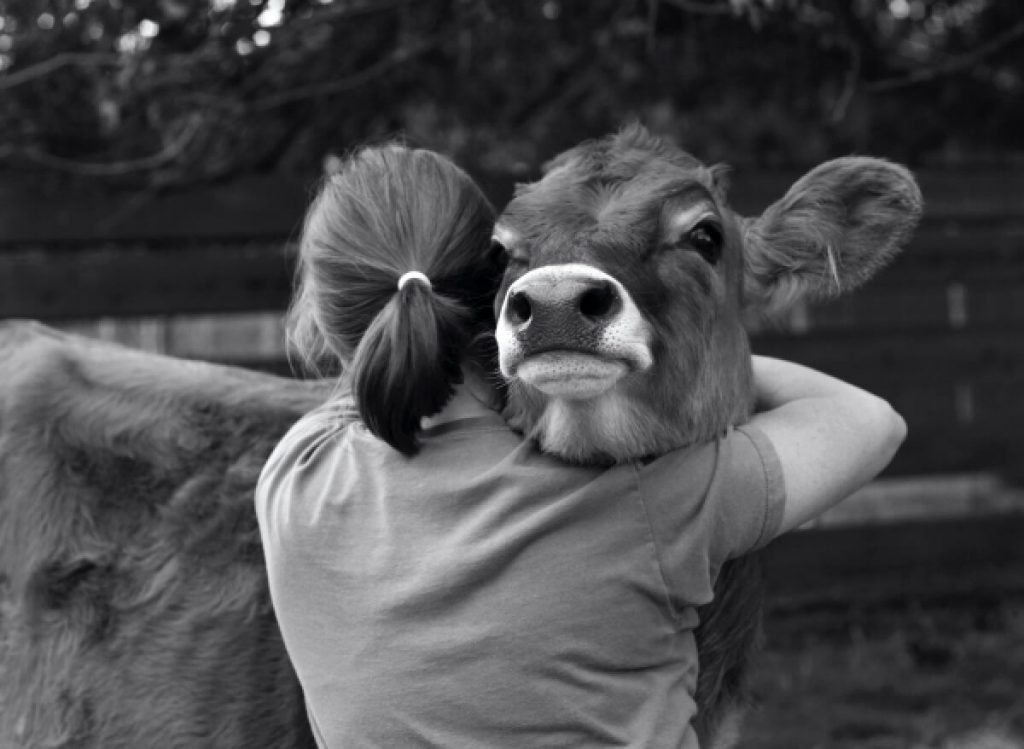
Also, PETA, renown animal activists, have been following up on fashion companies that utilize animal products. They have also been providing various alternatives over the years.
So, how does one differentiate between real fur and faux fur?
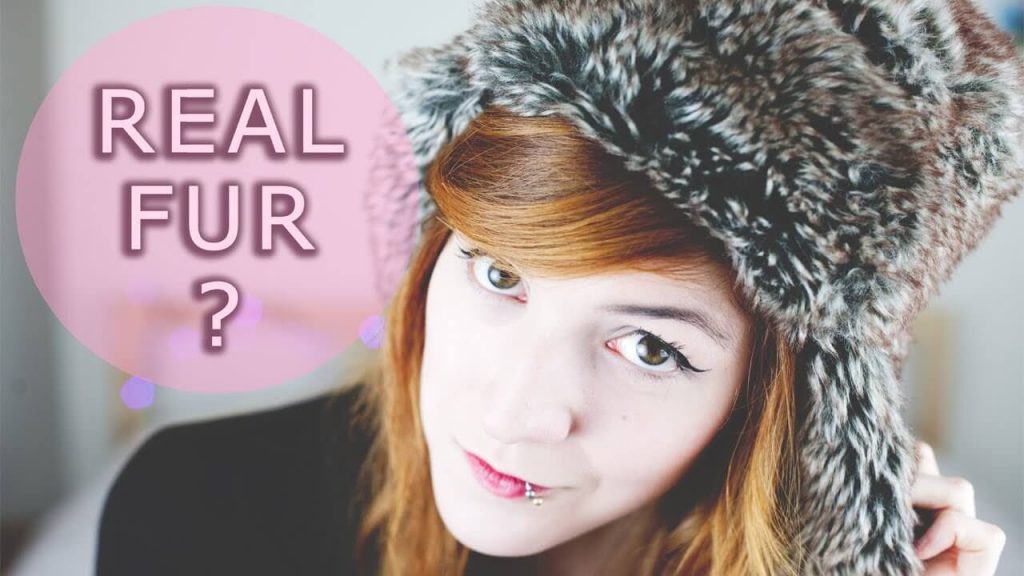
- Faux fur arrives on a threaded mesh. If it is attached to leather, it is real.
- Unless sheared, the ends of real fur taper at the end. Do not pick this.
- When burned, real fur produces a burned hair smell whereas faux fur crinkles in the same way as plastic.
A few Companies to Try are; Stella McCartney, Beyond Skin, Gunas New York, Copenhagen Artificial Fur
2. Environmental Responsibility
The fashion industry contributes significantly to environmental degradation. The use of toxic dyes, non-degradable fabrics and pesticides are not environment-friendly. Fashion companies are realizing the need for sustainability in marketing and will thus mislead consumers.
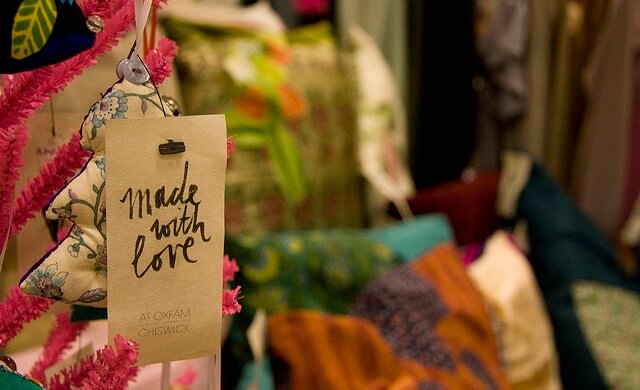
Here are a few ways in which you can identify Eco-friendly clothing:
Do Your Research
There are companies making strides, such as Levi’s, and their websites is quite insightful in providing procedural information.
Check the Labels
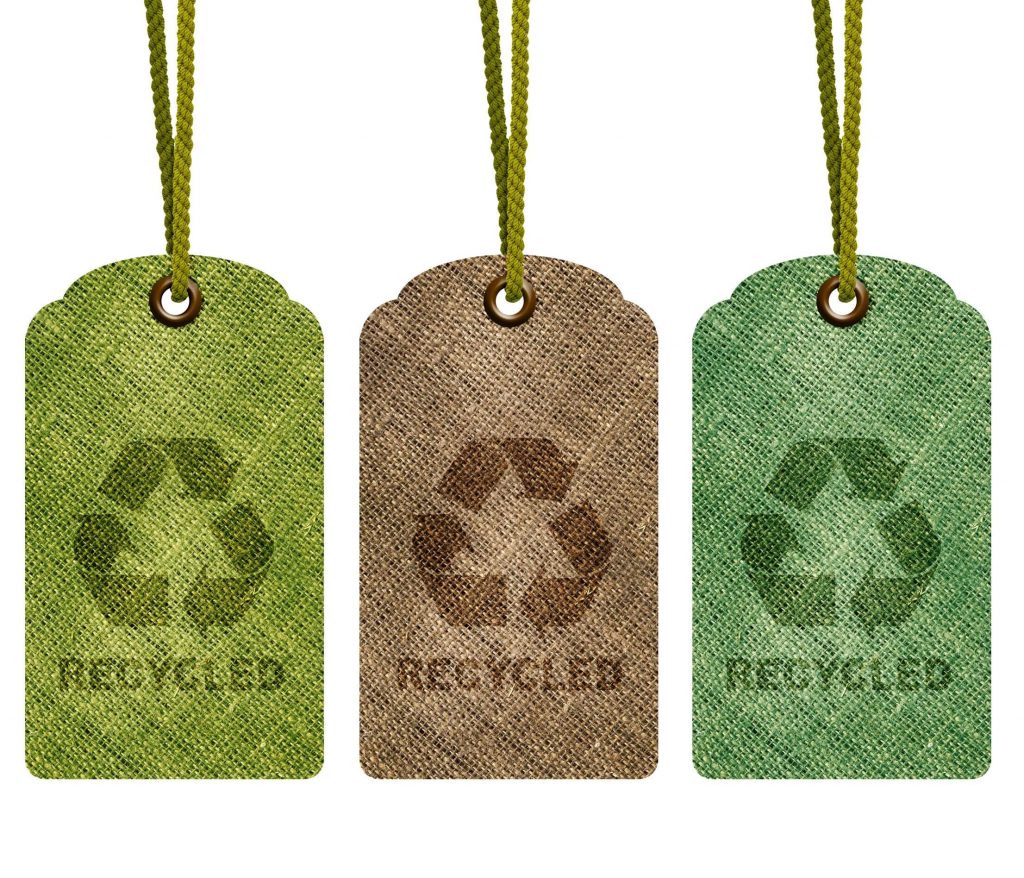
Look out for keywords on the label such as ‘organic’ or ‘made from recyclables.’
Ask the Store Staff
Stick to stores with well-informed retail staffers who have in-depth knowledge of the products.
Contact the Company if Required
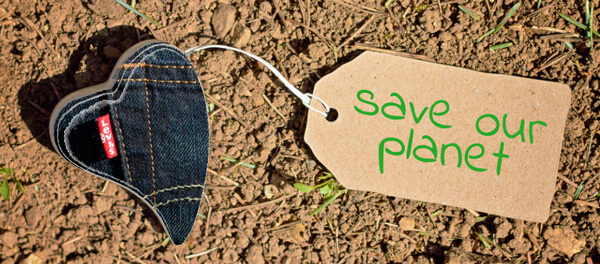
Request for information on the eco aspects of the clothing. Companies making a mark in Eco-fashion include Levi’s Water<Less, Reformation, and BeGood.
3. Worker’s Rights and Well being
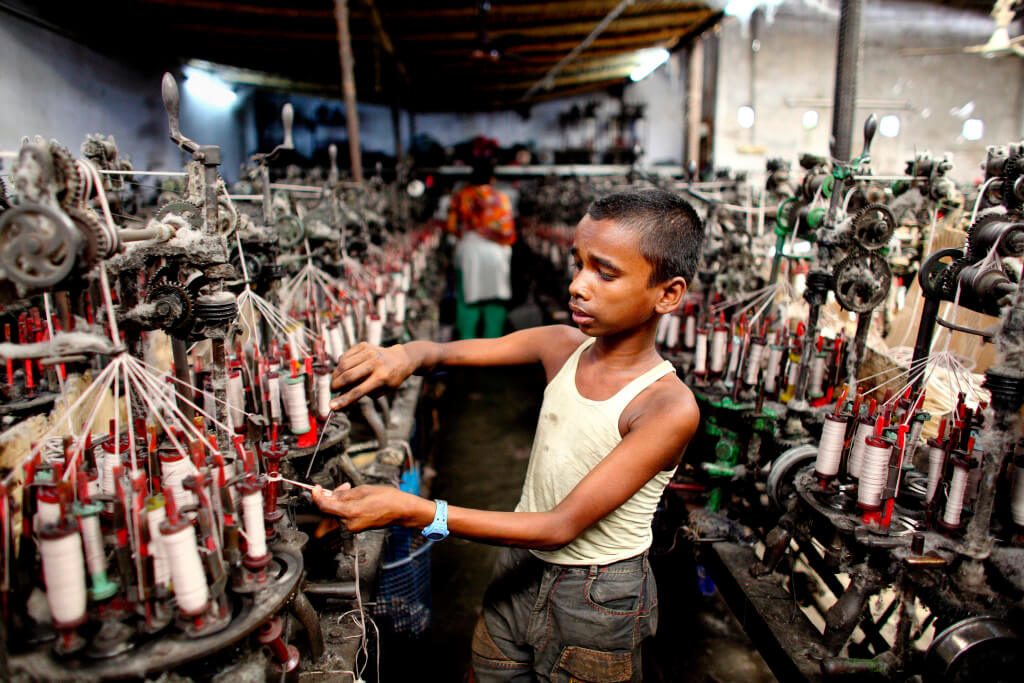
You have a right to know who made your clothing. Better yet, you have a right to know you are not contributing to the trafficking of persons, slave labor, or keeping a family in poverty. That’s a lot of burden to take on. A few companies leading in providing responsibly sourced clothing are Mayamiko, Everlane, Mata Traders and Nisolo.


